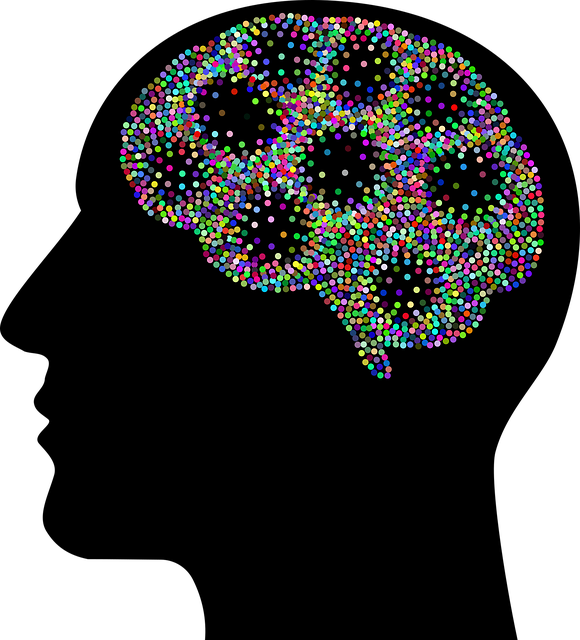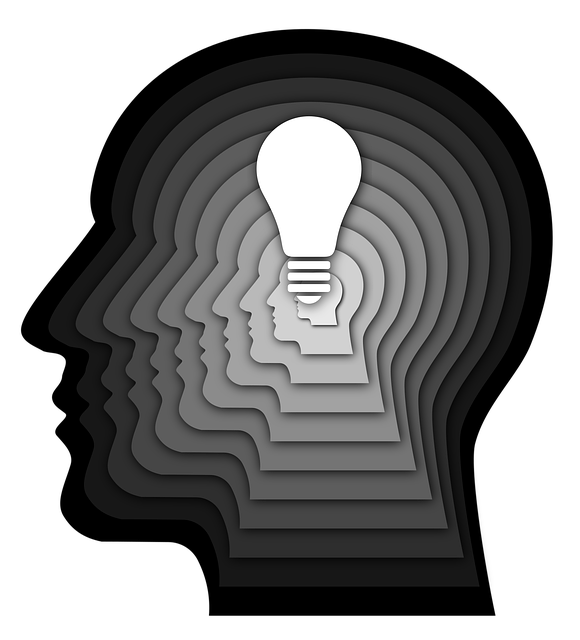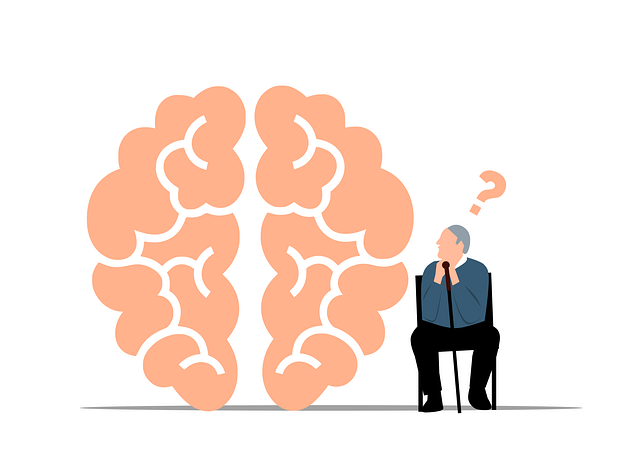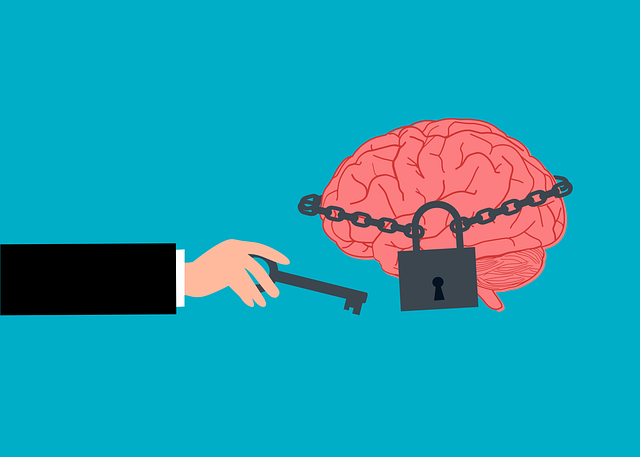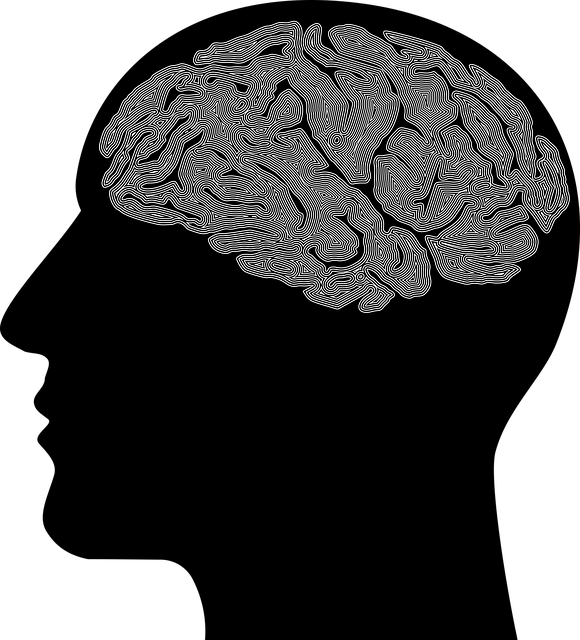Golden Dialectical Behavioral Therapy (DBT) is a powerful therapy focusing on emotion regulation through structured skills like mindfulness and distress tolerance, fostering mental wellness and personal growth. It enhances emotional intelligence via compassion cultivation, journaling, and accurate emotion identification, contributing to anxiety relief. DBT's holistic approach includes interpersonal effectiveness, mindful communication, risk management planning, and stress workshops, providing tools for trauma survivors and promoting resilience in diverse settings, making it an effective therapy and education program foundation.
Emotion regulation techniques are essential tools for navigating life’s challenges. In this article, we explore Golden Dialectical Behavioral Therapy (DBT), a transformative approach that empowers individuals to manage their emotions effectively. From understanding the foundation of DBT to mastering mindfulness and distress tolerance skills, each section delves into core principles. We’ll guide you through emotional awareness, labeling feelings, and coping strategies, culminating in building resilience through mindful communication and interpersonal effectiveness. Uncover the power of these golden rules for a more balanced life.
- Understanding Emotion Regulation: The Foundation of Dialectical Behavioral Therapy (DBT)
- Golden Rules of DBT: Core Mindfulness and Distress Tolerance Skills
- Emotional Awareness: Labeling and Identifying Feelings
- Effective Coping Strategies: DBT's Problem-Solving Approach
- Building Resilience: Mindful Communication and Interpersonal Effectiveness
Understanding Emotion Regulation: The Foundation of Dialectical Behavioral Therapy (DBT)

Emotion regulation is a fundamental skill that forms the core of Dialectical Behavioral Therapy (DBT), a golden standard in mental health treatment. This therapeutic approach recognizes that emotions, while powerful and informative, can be overwhelming if left unmanaged. DBT offers a structured framework to help individuals understand and control their emotional responses, fostering inner strength development and enhancing overall mental wellness.
The emphasis on emotion regulation within DBT is deeply intertwined with its key principles, particularly mindfulness, distress tolerance, interpersonal effectiveness, and emotional regulation skills. By learning these techniques, individuals gain valuable tools to navigate their emotional landscape, enabling them to make more adaptive choices in response to challenging situations. This process not only aids in managing intense emotions but also contributes to the design and implementation of effective mental health education programs, ultimately promoting mental wellness coaching programs development.
Golden Rules of DBT: Core Mindfulness and Distress Tolerance Skills

The Golden Rules of Dialectical Behavioral Therapy (DBT) form the foundation for effective emotion regulation techniques teaching. At the heart of DBT lies Core Mindfulness and Distress Tolerance Skills, which are essential tools for individuals seeking to navigate their emotions more effectively. Core mindfulness involves cultivating present-moment awareness, allowing individuals to observe their thoughts and feelings without judgment. This practice enables better understanding and acceptance of emotional experiences, serving as a cornerstone for healthy emotion regulation.
Distress tolerance skills, on the other hand, provide practical strategies to cope with intense emotions when resources are limited or distressing situations arise. These skills empower individuals to create mental spaces that reduce emotional reactivity, promoting more balanced responses. By integrating mindfulness and distress tolerance, DBT offers a comprehensive framework for self-awareness exercises and crisis intervention guidance within Mental Health Education Programs Design, ultimately enhancing participants’ ability to manage their emotions in diverse settings.
Emotional Awareness: Labeling and Identifying Feelings

Emotional awareness is a cornerstone of effective emotion regulation techniques. The first step in managing our emotions is to develop the ability to recognize and label them accurately. This involves paying close attention to bodily sensations, thoughts, and contextual cues that signal different feelings. By practicing mindfulness, individuals can become more attuned to their emotional experiences, enabling them to identify when they are feeling stressed, anxious, or overwhelmed. For instance, a simple mental wellness journal entry about one’s day can help in identifying triggers and patterns related to specific emotions.
Golden Dialectical Behavioral Therapy (DBT) offers valuable tools for enhancing emotional awareness through compassion cultivation practices. Encouraging individuals to treat themselves with kindness and understanding fosters a non-judgmental attitude towards their emotions, which is crucial for effective regulation. Additionally, the therapy incorporates mental wellness journaling exercises guidance to help clients track their emotions over time. This process not only promotes self-reflection but also facilitates the development of strategies to cope with challenging feelings, ultimately contributing to anxiety relief and improved overall mental wellness.
Effective Coping Strategies: DBT's Problem-Solving Approach

The Dialectical Behavioral Therapy (DBT) offers a powerful set of tools for individuals seeking effective coping strategies. At the heart of DBT’s problem-solving approach is a balanced and flexible mindset, encouraging individuals to view challenges as solvable while also acknowledging the complexity of their emotions. This dual focus fosters a sense of agency and emotional resilience.
Through structured skills training, participants learn to identify and label emotions accurately, generate alternative perspectives, and develop effective solutions. Compassion cultivation practices play a significant role, promoting self-acceptance and understanding, which are essential for successful emotion regulation. The DBT’s holistic approach, combined with mental wellness podcast series production that offers continuous support, can significantly enhance emotional well-being promotion techniques, ultimately empowering individuals to navigate life’s challenges with greater ease.
Building Resilience: Mindful Communication and Interpersonal Effectiveness

Building resilience is a key aspect of emotion regulation techniques teaching, especially when incorporating Golden Dialectical Behavioral Therapy (DBT). Mindful communication plays a pivotal role in this process. By fostering open and non-judgmental conversations, individuals can develop better emotional understanding and learn to express their feelings effectively. This skill is crucial for navigating interpersonal relationships, reducing conflict, and enhancing overall well-being.
Interpersonal effectiveness, another essential component of DBT, focuses on improving the way people connect with others. It involves setting healthy boundaries, engaging in assertive communication, and managing distress during interactions. These skills are particularly beneficial for individuals who have experienced trauma, as they can provide much-needed support through Trauma Support Services. Risk Management Planning for Mental Health Professionals is also integral to this process, ensuring practitioners have the tools to maintain their own emotional balance while assisting clients. Stress Management Workshops Organization can further benefit those seeking to master these techniques, offering a community and resources for continuous learning and growth.
Dialectical Behavioral Therapy (DBT) offers a comprehensive framework for emotion regulation through its golden rules and practical skills. By understanding the foundation of DBT, individuals can learn to cultivate mindfulness, enhance emotional awareness, employ effective coping strategies, and build resilience in their daily lives. These techniques empower folks to navigate their emotions with greater ease, fostering improved mental well-being and stronger interpersonal connections. Incorporating the core principles of DBT into personal growth journeys can lead to profound transformations, allowing individuals to embrace a more balanced and fulfilling life.






